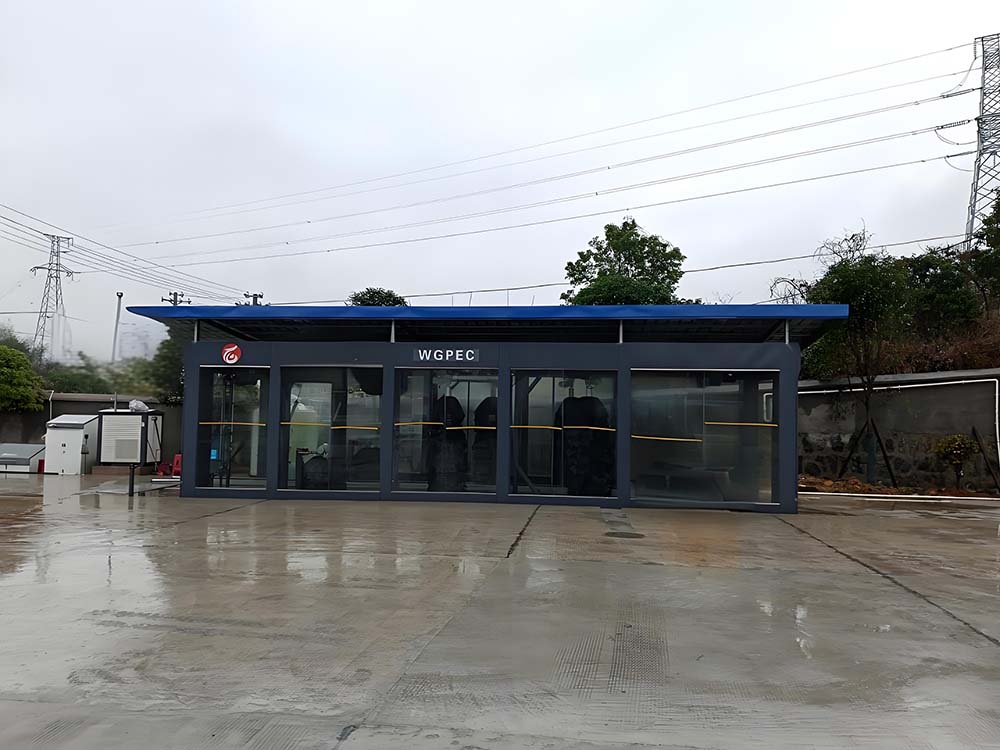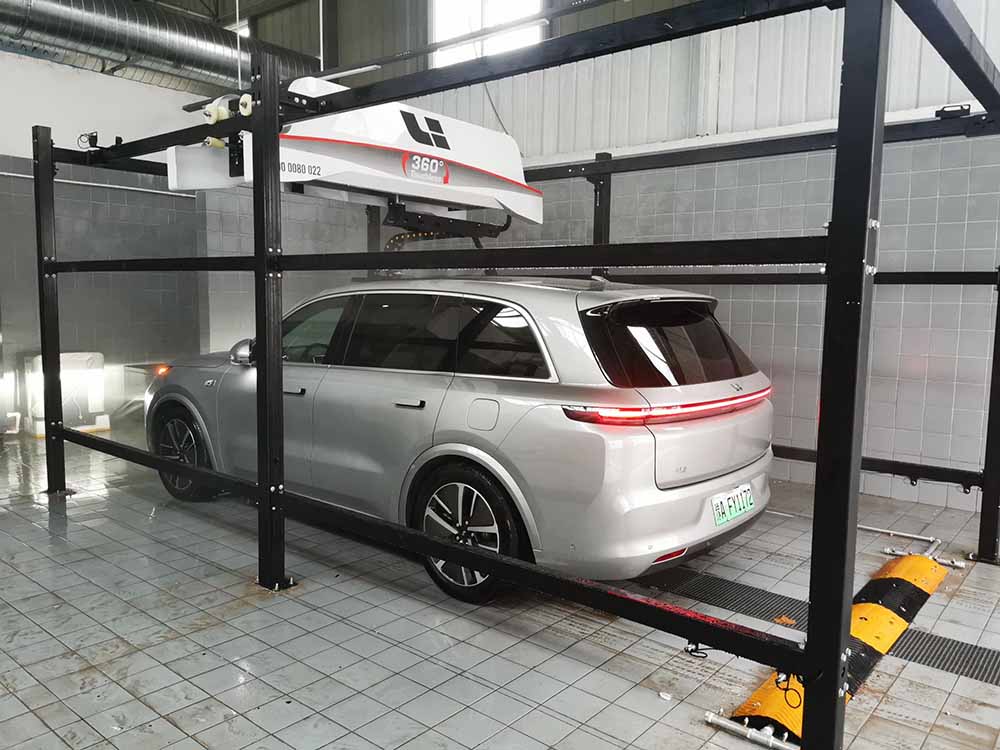The car wash industry is undergoing a seismic shift, driven by technological innovation and evolving consumer demands. Once a niche luxury, automatic car washes now dominate the market, offering speed, consistency, and eco-conscious solutions. With global car ownership rising and urbanization accelerating, automated systems like in-bay automatics and tunnel washes redefine what it means to keep vehicles clean. Let’s explore why these systems are not just the future—they’re the present.
The Rise of Automated Systems: Types and Innovations
In-Bay Automatic Car Washes: Compact Powerhouses
In-bay automatic car wash systems are ideal for small-footprint operations, such as gas stations or urban convenience stores. The vehicle remains stationary while advanced robotic arms equipped with microfiber cloths, high-pressure nozzles, and precision sensors navigate around it. Modern iterations now feature smart power system adjustments to optimize water usage and detergent application based on vehicle size and dirt levels. A typical wash cycle takes 5–10 minutes, with optional add-ons like ceramic coatings or tire shines.
Why It’s Trending:
- Space Efficiency: Requires 30% less space than traditional setups.
- Customization: AI integration allows personalized wash programs (e.g., “Winter Salt Removal” or “Premium Shine”).
- Energy Savings: Solar-powered units are gaining traction, reducing operational costs by up to 40%.

Tunnel Car Washes: Speed Meets Scalability
Tunnel systems dominate high-traffic areas, processing 100+ cars per hour. Vehicles glide through a conveyor-guided tunnel, passing through stages like pre-soak, tire blasters, triple-foam applicators, and blow-dryers. Recent advancements include UV sterilization modules (post-pandemic demand) and biodegradable wax infused with graphene for longer-lasting protection.
2023 Upgrades:
- Contactless Payment Integration: RFID tags or app-based systems reduce wait times.
- Water Reclamation Tech: Advanced filtration systems recycle 90% of water, aligning with strict environmental regulations.
- Dynamic Pricing: Surge pricing during peak hours maximizes revenue.
Friction Car Wash vs. Touchless Car Wash: Which Wins in 2025?
Friction Car Wash Systems: Deep Clean, Minimal Risk
Modern friction washes use ultra-soft, self-cleaning brushes that adapt to vehicle contours. Innovations like anti-scratch nanotechnology and pH-neutral detergents address concerns about paint damage. A 2024 survey by Car Wash Pro Magazine found that 68% of customers prefer friction washes for their ability to remove road grime and brake dust.
Best For:
- High-traffic locations with diverse vehicle types.
- Regions with harsh weather (e.g., snowbelt areas requiring undercarriage cleaning).

Touchless Car Wash Systems: Safety First
Touchless car washes rely on high-pressure (1,200+ PSI) water jets and enzymatic cleaners to dissolve contaminants without physical contact. Luxury car owners and EV drivers (concerned about sensor safety) are key adopters. However, newer “hybrid” models combine touchless pre-wash with friction finishing for stubborn dirt.
2024 Edge:
- EV Compatibility: Gentle on sensitive sensors and matte finishes.
- Chemical Breakthroughs: Enzymatic solutions now break down organic debris (e.g., bug splatter) 50% faster.
Why Automatic Car Washes Are Thriving
1. Sustainability as a Selling Point
Eco-conscious consumers demand green practices. Leading operators use:
- Biodegradable Chemistry: Non-toxic, phosphate-free detergents.
- Closed-Loop Water Systems: Reduce freshwater consumption by 70%.
- Solar Panels and EV Chargers: Attract eco-aware customers while slashing energy bills.
2. Profitability Through Automation
Automated systems cut labor costs by 60%, and dynamic pricing tools (e.g., surge rates during rainstorms) boost margins. Subscription models ($30/month for unlimited washes) ensure recurring revenue—a strategy that increased customer retention by 45% for chains like QuickQuench.
3. Scalability and Franchise Potential
Turnkey franchise models are booming. Brands like SparkleDrive offer AI-powered analytics dashboards to track real-time performance across locations, simplifying multi-site management.
Starting an Automatic Car Wash: 2025 Strategies
Location Intelligence
Use geospatial analytics tools to identify gaps in service areas. Ideal spots include:
- Near highways, EV charging stations, or suburban shopping centers.
- Regions with water scarcity (highlight reclaimed-water systems in marketing).
Tech-Forward Equipment Choices
- IoT-Enabled Machines: Remote diagnostics predict maintenance needs, reducing downtime.
- License Plate Recognition Cameras: Streamline loyalty programs and personalized promotions.
Marketing for the Digital Age
- TikTok Demos: Viral videos showcasing “10-Second Drying” or “Rainbow Foam” effects.
- Local Partnerships: Collaborate with EV dealerships or ride-share fleets for bulk discounts.
The Verdict: A Future-Proof Investment
Automatic car washes are no longer a luxury—they’re a necessity. With advancements in AI, sustainability, and customer experience, operators can achieve 20–30% annual ROI. As electric vehicles and smart cities reshape transportation, automatic car wash systems will remain at the forefront.
Ready to Ride the Wave?
Partner with industry leaders like Mattias Car Wash Systems for tailored solutions. From financing to grand opening campaigns, the roadmap to success has never been clearer.



